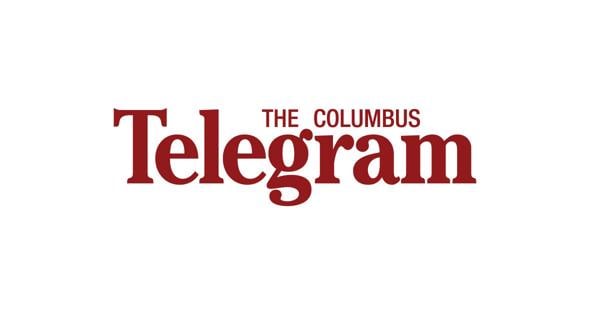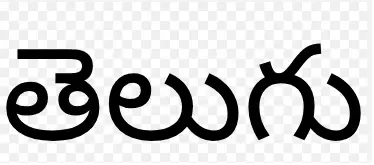For more than 100 years, media tried to be the first to report presidential election results. Though that urge still exists, pundits and analysts are now more concerned with accuracy than speed. That’s because of the 2020 election.
A raging pandemic, a divided country, a close race, polling failures, false claims of voter fraud and uncertainty made everyone anxious. Then came the Jan. 6, 2021, attack on the U.
S. Capitol, which meant the election was about more than the presidency — it was about democracy itself. In recent decades, Americans have gotten used to media organizations declaring the winners of races in the hours or days after the polls close, but those are not official results.
They are projections based on the available unofficial information. The formal results of the election are checked and certified through a process that takes weeks to months — and potentially longer, if lawsuits are filed. Media figures and election officials are preparing Americans for the fact that we might have to wait some time to get an accurate call.
As in 2020, they’re using metaphor to shape public expectations. But this year, they’re also explicitly trying to define the nation’s perceptions of time, in terms of which results count as on time or as delayed. Fredreka Schouten and Sara Murray of CNN Politics write, “Election officials worry that delays in counting could give the public a false sense of who’s winning the election.
” The Republican Pennsylvania secretary.



















